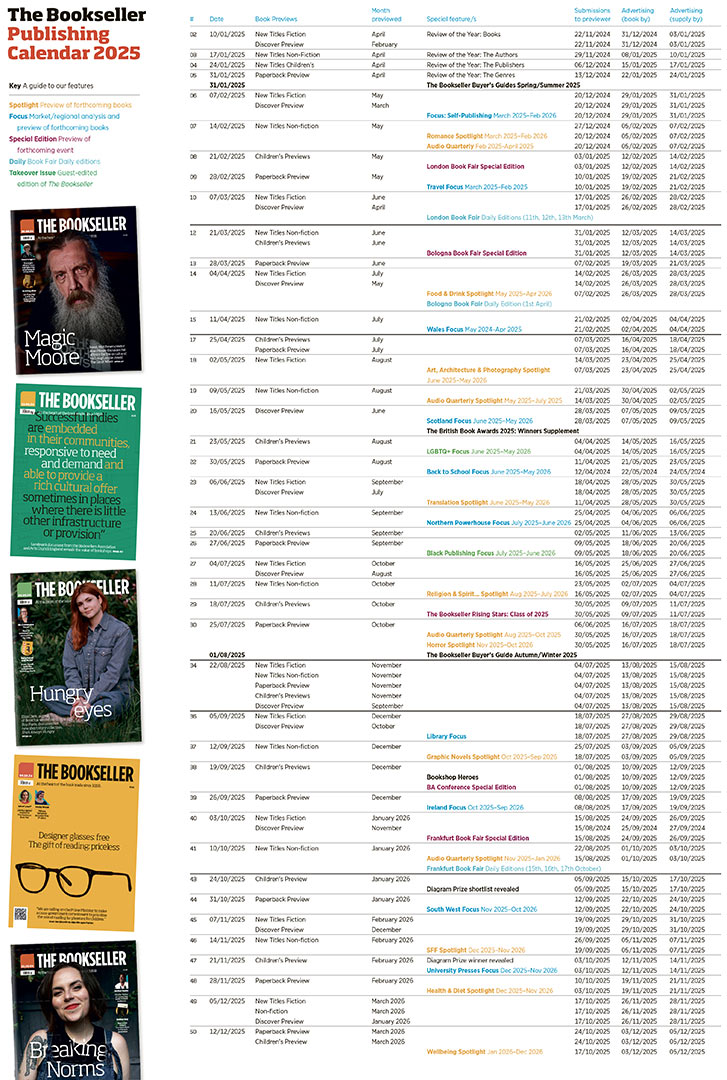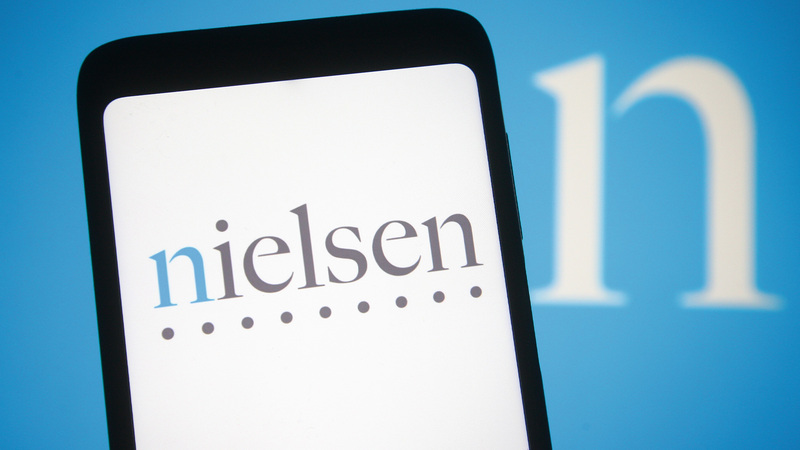You are viewing your 1 free article this month. Login to read more articles.
Publishers endorse STM's content-sharing guidelines
A pilot project to use metadata to tag journals research articles with their permissions status will take place "in the next quarter", instigated by the International Association of STM Publishers (STM).
Academics have been sharing research articles “since the academic journal was invented three and a half centuries ago,” as Fred Dylla, executive director emeritus of the American Institute of Physics, and leader of the STM project, points out.
But this core aspect of scholarly communication has become more complicated in the world of subscription journals, now that it no longer involves just a few copies of an article handed around to one’s peers, but rather the use of SCNs: online groups where researchers can post their work and get feedback.
Serving a range of research communities, SCNs are proliferating: some are independent organisations backed by venture capital, such as ResearchGate and Academia.edu, while others are owned by a particular publisher, such as Mendeley (acquired by Elsevier in 2013) or Figshare (part of Holtzbrinck’s Digital Science). Problems arise when researchers, keen to get their work in front of their peers, start to freely share subscription content online when they don’t have the right to do so under the terms of their publishing contracts.
Dylla says: “It’s become so easy [to share] that there is the potential for harm; if the author puts the final version of the manuscript online the day it is published, the ability of publishers to sustain their enterprise is compromised.” Open Access may throw up different business models in the future, but for now subscription-journal income remains the heartland for academic publishers.
A number of SCNs put the onus on the authors themselves to know whether or not they are legally entitled to share the content—seeing their service as only providing the infrastructure to do so—but many authors are hazy about what their position is, and not always motivated to find out. STM is trying to get all parties to collaborate to resolve illegal sharing and to come up with “transparent and simple rules of engagement” that will make it far simpler for authors to comply.
Taylor & Francis, Wolters Kluwer, Springer Nature, Elsevier, both Oxford and Cambridge University Presses, Figshare and Mendeley are among those who have endorsed draft guidelines for article-sharing on scholarly collaboration networks (SCNS) put out to consulttation last year by the International Association of STM Publishers (STM).
The aim is to try to find ways to enable sharing that will satisfy the needs of researchers and support their work, but also protect publisher interests with subscription journals. The draft guidelines look at options for group sharing with some element of limitation, and for non-commercial use only.
STM's draft guidelines remain, however, “an evolving document”, and asked if all SCNs are interested in participating, Dylla replies: “Some yes, some no.” He declined to give details, but promised: “We will continue to reach out.”
As well as the guidelines, the next steps include an imminent STM pilot project to use metadata to tag articles with their permissions status, working with digital object identifier reference-linking service CrossRef and the US’ National Information Standards Organization. Dylla said if the pilot is successful, STM will “throw it out there for all to use”, adding: “We have to make article sharing as convenient as possible for authors and readers to use the system in a sustainable way.”
An interview with Steven Inchcoombe on content-sharing at Springer Nature can be viewed here.














